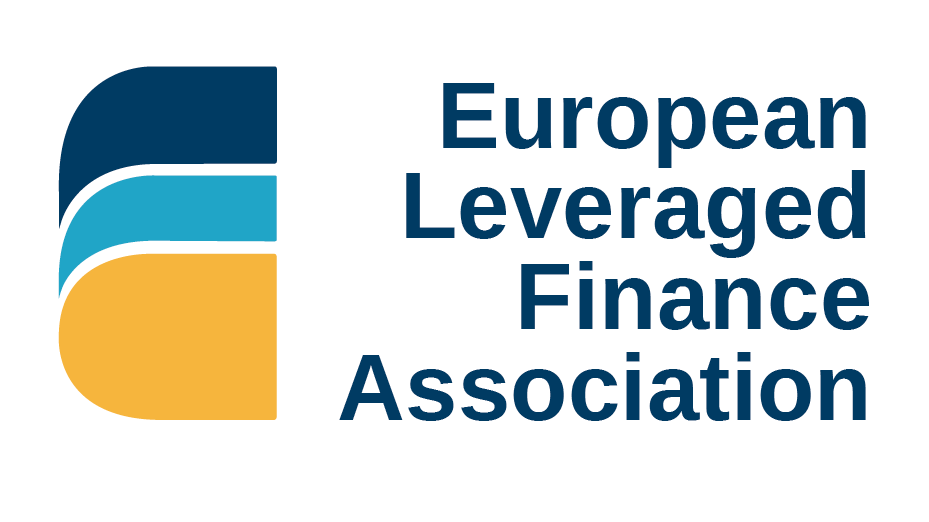ELFA Comments on Consultation Paper CP22_20
European Leveraged Finance Association (ELFA) replied to CP22_20 by UK Financial Conduct Authority (FCA). This consultation paper mainly discusses the Sustainability Disclosure Requirements (SDR) and Investment Labels.
ELFA expressed support for SDR and believed that the regulatory authorities still need to make further changes on some key issues. Previously, the International Capital Market Association (ICMA) also commented on the consultation paper.
Comments on Sustainability Disclosure Requirements
ELFA believes that SDR is suitable for most participants in the financial industry, but it still faces some pressure in terms of leveraged financing. The sustainability disclosure focuses on equity-related rather than credit-focused.
It is relatively difficult for participants in leveraged financing to obtain ESG information. If the industry is regulated according to the existing SDR, leveraged financing will focus on a few entities that can disclose public information, making the investment portfolio too concentrated.
ELFA hopes to cooperate with the UK FCA to ensure that SDR is applicable to the credit market. ELFA has previously adopted relevant disclosure standards in data collection and analysis, which can be combined with SDR to enable market participants (borrowers, investors, intermediaries) to effectively apply the new rules.

Comments on Sustainable Investment
ELFA agrees with the SDR’s definition of sustainable investment (with clear and measurable environmental and social objectives with financial returns), and believes that in the field of leveraged financing, there are also situations where the issuer does not provide enough sustainable data to investors. The consultation paper also needs to elaborate how sustainable investment applies to private credit funds in detail.
In addition, SDR also describes the impact of investors on the investee in sustainable investment. This can be achieved through communication, voting, etc. However, the credit fund lacks a mechanism like that of stockholders, which makes the impact on the issuer more difficult. As a creditor, it may not be able to participate actively in sustainability disclosure negotiations.
Comments on Investment Labels
In terms of investment labels, the consultation paper divides the fund products into three categories: Sustainable Focus, Sustainable Impactors and Sustainable Impact, and stipulate the general threshold for each category of products. ELFA agrees to the classification methods and puts forward some suggestions for each type of products:
- Sustainable Focus: ELFA believes that regulators need to provide more detailed information to explain how to calculate the 70% threshold mentioned in the document (70% of assets need to meet sustainable standards). At the same time, regulators also need to clarify the calculation methods of derivatives and cash in asset classes. ELFA also mentioned that credit funds lack consistent provisions on sustainability standards, which makes sustainable investing more flexible during implementation;
- Sustainable Improvers: ELFA believes that this category of fund products more emphasize the influence of investors on the invested company, while creditors play a weaker role in these aspects than shareholders. ELFA suggests that the regulatory authorities develop separate standards to provide creditors with more effective methods of influencing investees;
- Sustainable Impact: ELFA believes that the definition of “impact” is not clear enough, which may lead some funds to invest more in impact assets and reduce their investment in existing transition assets. At the same time, this type of fund does not stipulate the minimum investment standard for sustainable assets (Sustainable Improvers also does not have the minimum standard), and regulators should consider adding these information;
ELFA agrees with the idea that regulators do not develop specific templates under the current circumstances and hopes to cooperate with the UK FCA to provide more detailed guidance using ELFA’s existing ESG experience.
Reference:
ELFA Response to FCA CP22_20 Consultation Paper.pdf
ESG Advertisements Contact:todayesg@gmail.com








